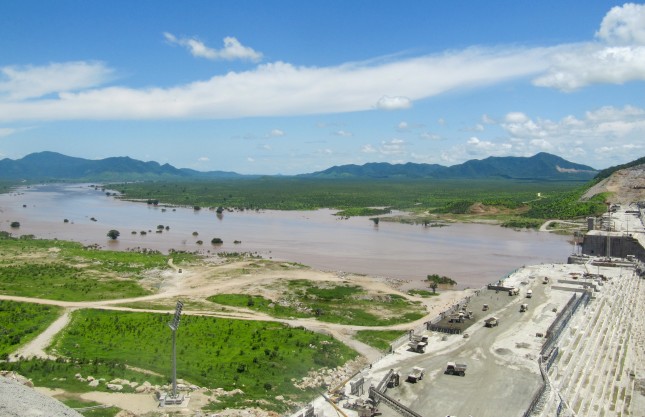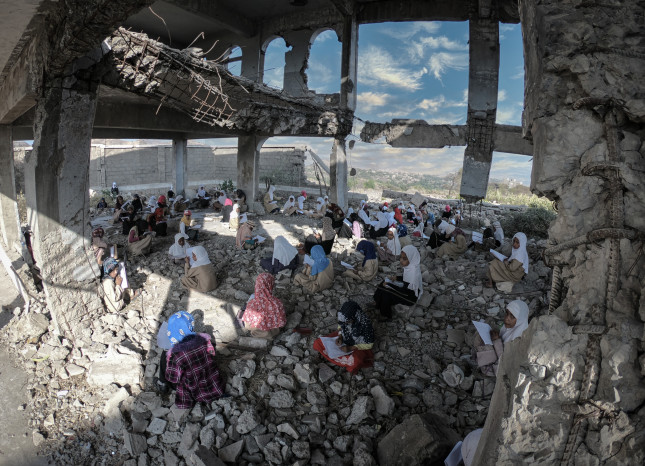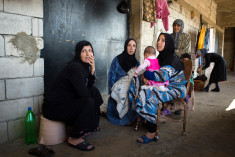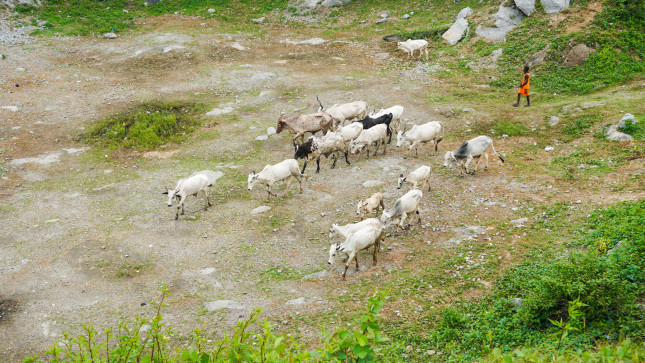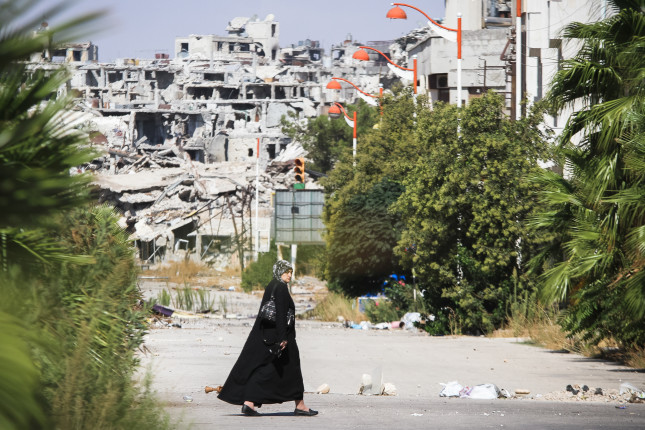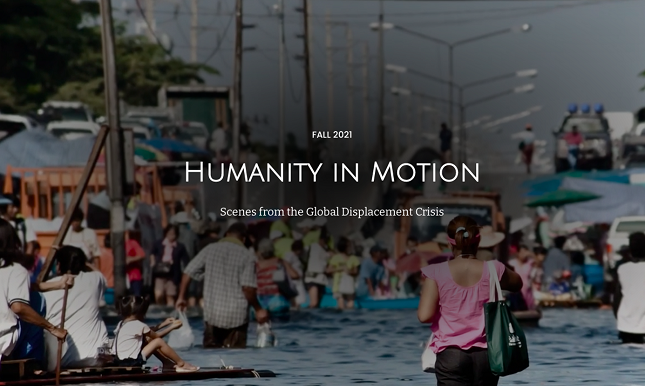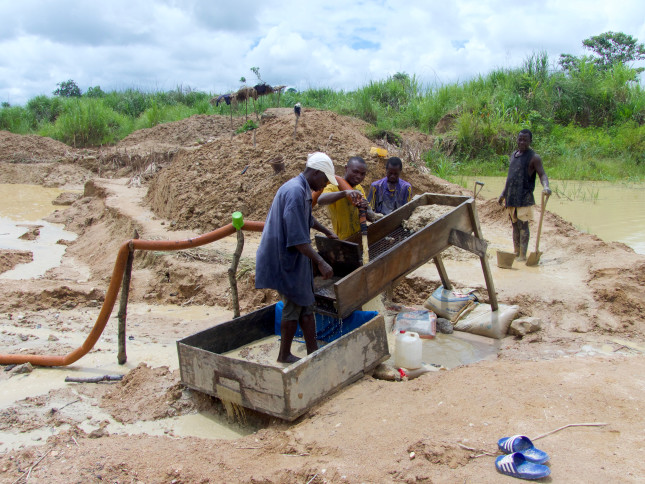-
When Climate Change Meets Geopolitics
›Deteriorating security in Ethiopia, a country W.E.B. Dubois once described as where “the sunrise of human culture took place,” is deeply concerning. The last few months have seen a dramatic involution for a country that was once a poster child for sustainable development. The conflict between the government and rebel forces in Tigray is not just a matter of regional security, but a significant blow to the world’s efforts to fight climate change.
-
The Changing Face of the Global Humanitarian Crisis: Gender, Climate Change, and Humanitarian Interventions
›
“In a changing world with galloping, growing needs, we can’t keep making the same efforts, issuing the same pleas, and just write bigger and bigger checks and expect different results,” said Samantha Power, Administrator of the United Agency for International Development (USAID), at the launch of the Global Humanitarian Overview, co-hosted by the Center for Strategic and International Studies, USAID, and the UN Office for the Coordination of Humanitarian Affairs (UNOCHA). “We must change the ways we deliver humanitarian assistance to include full participation, design, and leadership from local populations and organizations, from women and marginalized peoples who can help develop truly sustainable solutions to the risks they face in their own communities,” said Power.
-
Accessing Justice for Gender-Based Violence in Humanitarian Settings
›
Gender-based violence (GBV) is a global epidemic rooted in gender inequality and an imbalance in power dynamics. All persons are at risk of violence because of their gender or perceived gender. Women and girls—including transgender women and girls—experience disproportionate gender-based violence, and this violence is even more prevalent among women and girls who have been forcibly displaced.
-
To Fight Climate Change and Insecurity in West Africa, Start with Democracy
›Secretary of State Blinken is right to focus on climate change and democracy during his first trip to sub-Saharan Africa. At the top of his and everyone else’s mind should be the question: will democratic backsliding in countries like Benin make it more difficult to deal with the effects of climate change? Even more worrisome: will it worsen conflict hotspots, such as the West African Sahel, where climate change is playing a role? All eyes should be on coastal West Africa as countries such as Benin deal with violent insecurity and climate pressure creeping down from the Sahel. My ongoing research in Benin suggests that the country’s democratic local institutions, despite all their faults, are the country’s best defense against the breakdown in rural governance that has befallen Mali and neighboring Burkina Faso.
-
Climate Change and Farmers-Herders Conflict in Nigeria
›International attention often focuses on ethnic conflict in the Niger Delta and religious conflict in Northern Nigeria, leaving farmer-herdsmen overlooked. In Nigeria, the conflict between farmers and herders has posed severe security challenges and has claimed far more lives than the Boko Haram insurgency. The conflict has threatened the country’s security, undermined national stability and unity, killed and displaced hundreds of thousands of people, and increased ethnic, regional, and religious polarization.
-
Integrating Environmental Protection and Conflict Prevention: Risk, Resilience, and Community Solutions
›“The world’s least resilient countries—when faced with ecological stress—are more likely to face civil unrest, political instability, social fragmentation, and economic collapse,” said Cynthia Brady, ECSP Global Fellow and Senior Advisor, at an event hosted by the Alliance for Peacebuilding. These “vulnerabilities are clearly mutually reinforcing, but some of the solutions are mutually reinforcing too,” said Brady. The critical challenge now is to bridge the gap between traditionally siloed communities of practice in conflict prevention and conservation.
-
New Wilson Quarterly Features Expert Insights on Climate Migration
›
“Supporting the talents and potential of the refugees of today could lead to empowering the scientists, leaders, and innovators of the future. Instead of a lost generation, we have the opportunity to build a thriving generation full of promise,” says Abdullah II Ibn Al Hussein, King of the Hashemite Kingdom of Jordan, in the forward of the Fall Wilson Quarterly (WQ), “Humanity in Motion: Scenes from the Global Displacement Crisis.”
-
Can COP26 Meet the Climate and Conflict Challenge?
›
Global climate action must be sensitive to ‘land grabs’ and lost livelihoods for both a safer and greener world to be built in Glasgow.
With all eyes on COP26, the world is holding its breath. This year’s negotiations will need to see truly ambitious commitments to ramp up climate action in order to avoid a dangerous future. There has never been a greater sense of the urgency in the climate movement.
As a peacebuilder, I’m looking closely at what the implications of the much-needed pledges might be for the 1.5 billion people living in fragile and conflict-affected contexts. The discussion on the impact of climate change on security and social stability is gaining momentum but is still effectively on the fringes of the COP26 agenda. That is a concern.
Showing posts from category conflict.


